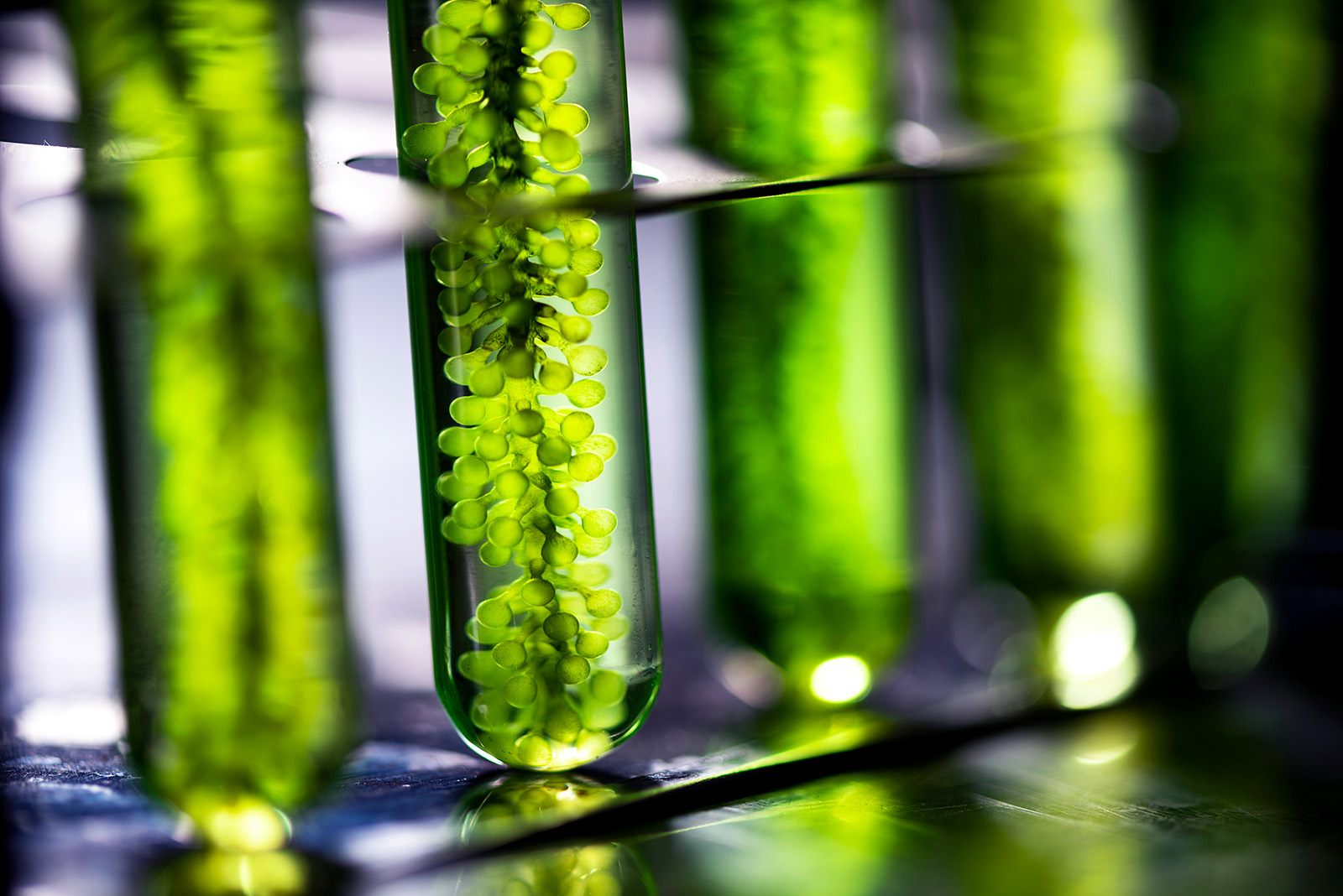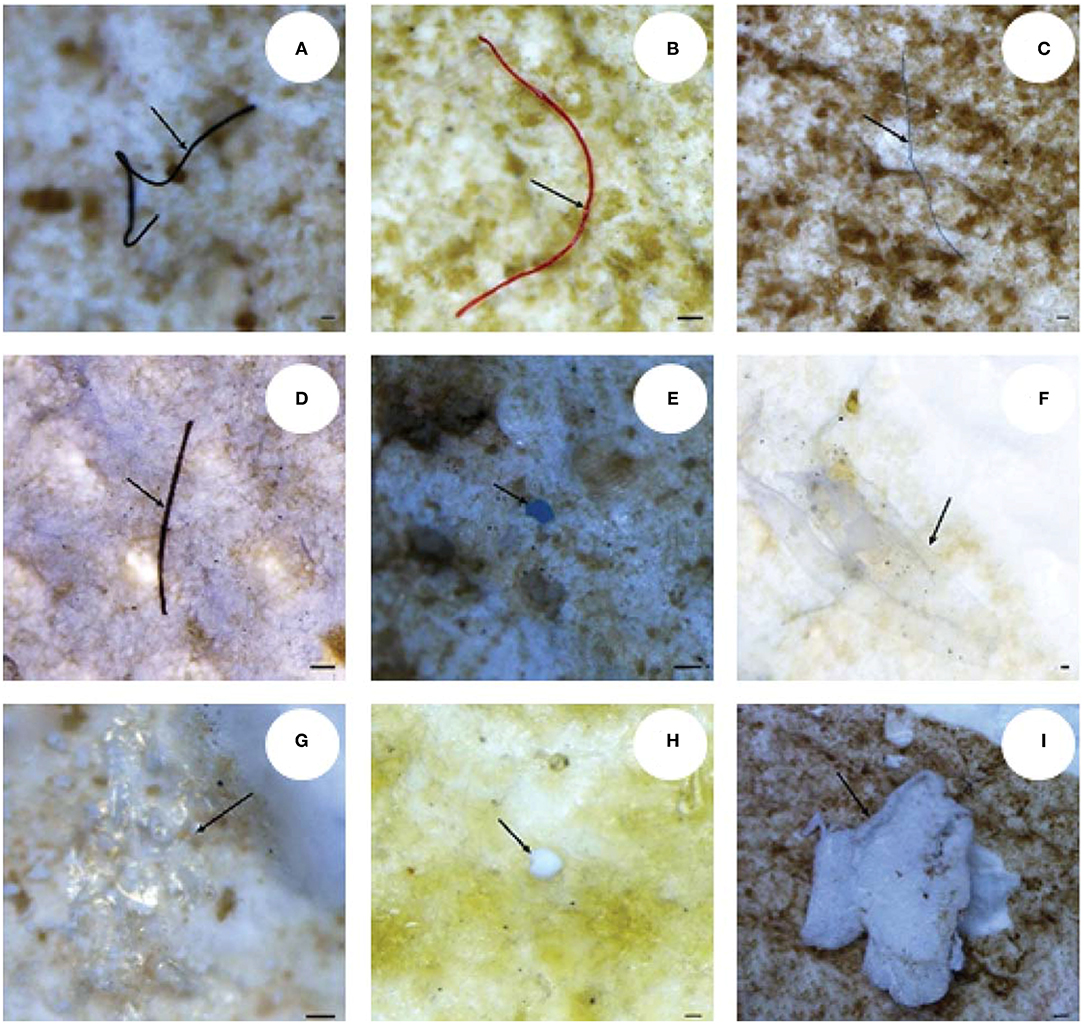
A Breakthrough in Biodegradable Plastics: The End of Microplastics?
By Lara Thompson
In an era where environmental sustainability is more crucial than ever, a groundbreaking development in the realm of biodegradable plastics offers a glimmer of hope. Researchers from the University of California San Diego (UC San Diego) and materials science company Algenesis have unveiled a new type of algae-based plastic that promises to fully biodegrade in less than seven months, even at the microplastic level.
 Algae-based biodegradable plastics could revolutionize our approach to sustainability.
Algae-based biodegradable plastics could revolutionize our approach to sustainability.
This innovative material, known as bio-based thermoplastic polyurethane (TPU-FC1), can be utilized in a variety of applications, from coated fabrics to injection-molded objects. The significance of this discovery cannot be overstated, as it addresses one of the most persistent environmental issues of our time: microplastics.
“When we first created these algae-based polymers about six years ago, our intention was always that it be completely biodegradable,” said Robert Pomeroy, a professor of chemistry and biochemistry at UC San Diego and an Algenesis co-founder.
Microplastics, tiny fragments of plastic less than 5 millimeters in diameter, are notoriously difficult to break down, with some types taking up to 1,000 years to fully decompose. These particles accumulate in the environment, posing significant risks to wildlife and even finding their way into the human body.
The researchers conducted rigorous tests to confirm the biodegradability of their algae-based plastic. One method involved monitoring the emission of carbon dioxide (CO2) as soil microbes broke down the material, revealing a CO2 evolution nearly identical to that of cellulose, a material considered 100% biodegradable.
 Microplastics pose a significant environmental threat, but new developments offer hope.
Microplastics pose a significant environmental threat, but new developments offer hope.
Further analysis using gas chromatography-mass spectrometry (GC-MS) and scanning electron microscope (SEM) images confirmed the effective breakdown of the algae-based polymer back to its starting materials. Remarkably, after 200 days, 97% of the algae-based microplastics had fully biodegraded.
The implications of this research extend beyond environmental sustainability. By creating a plastic that does not contribute to microplastic pollution, the team at UC San Diego and Algenesis is paving the way for a future where plastics can be used without harming the planet.
As we continue to grapple with the challenges of plastic pollution, this development represents a significant step forward in our quest for eco-friendly alternatives. It’s a testament to the power of innovation and a reminder that, with determination and creativity, we can find solutions to some of our most pressing environmental issues.













